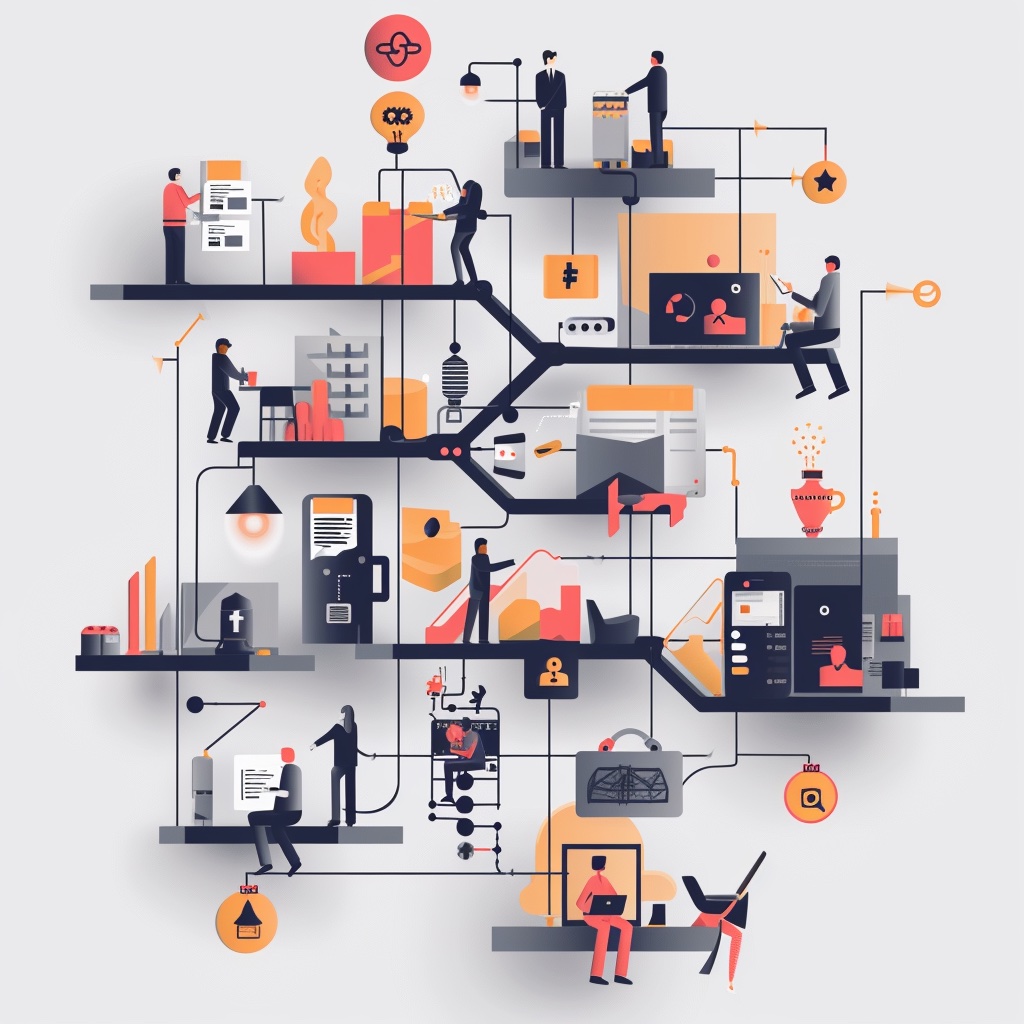
Defining administrative relationships between the brands operated by a conglomerate.
The Domain Relationship Policy Framework (DRPF) is a relatively new proposal being actively developed to the point where it can be submitted for consideration for standardization at organizations such as the IETF. The work will go through various stages of development as it matures, and this page publishes the most recent status and provides updates related to its development.
In addition to the periodic updates published here, more timely posts and comments shared via the official DRFP Mastodon account are automatically displayed. Feel free to share your input and comments via Mastodon using the hastag "#drpf".
To avoid doubt and be clear... the Domain Relationship Policy Framework (DRPF) is still being developed. The work is a proposed framework that has emerged from countless conversations between technologists and security researchers struggling with how to introduce reliably verifiable information about how domains are related and how to interact with them. Throughout this site you will read information about the proposed model and how it can be used... if it was ever to be standardized. You'll undoubtedly be frustrated with the lack of specificity for how to actually deploy and use it yourself. But that is precisely why we're glad you're here. We hope that you're sufficiently intrigued by the proposal, see value in the use cases presented, and are interested in helping to develop the concept further.
This is the first public presentation of the information, after developing it slowly over the past few years. We're currently working on formal submissions to various standards bodies (e.g. the IETF) for broader consideration and input. Until then, though, we're only an ad-hoc group developing the basic idea. So, if you're interested in joining the conversation, pleas consider contacting us.